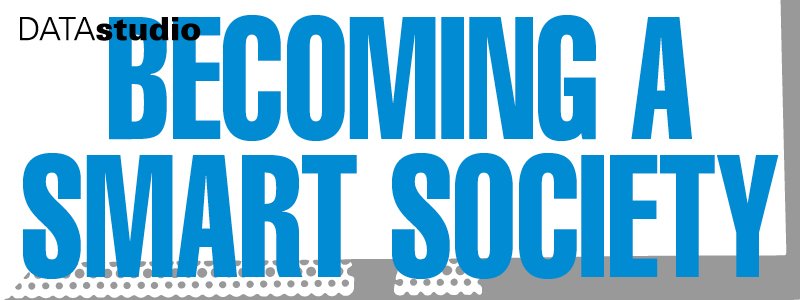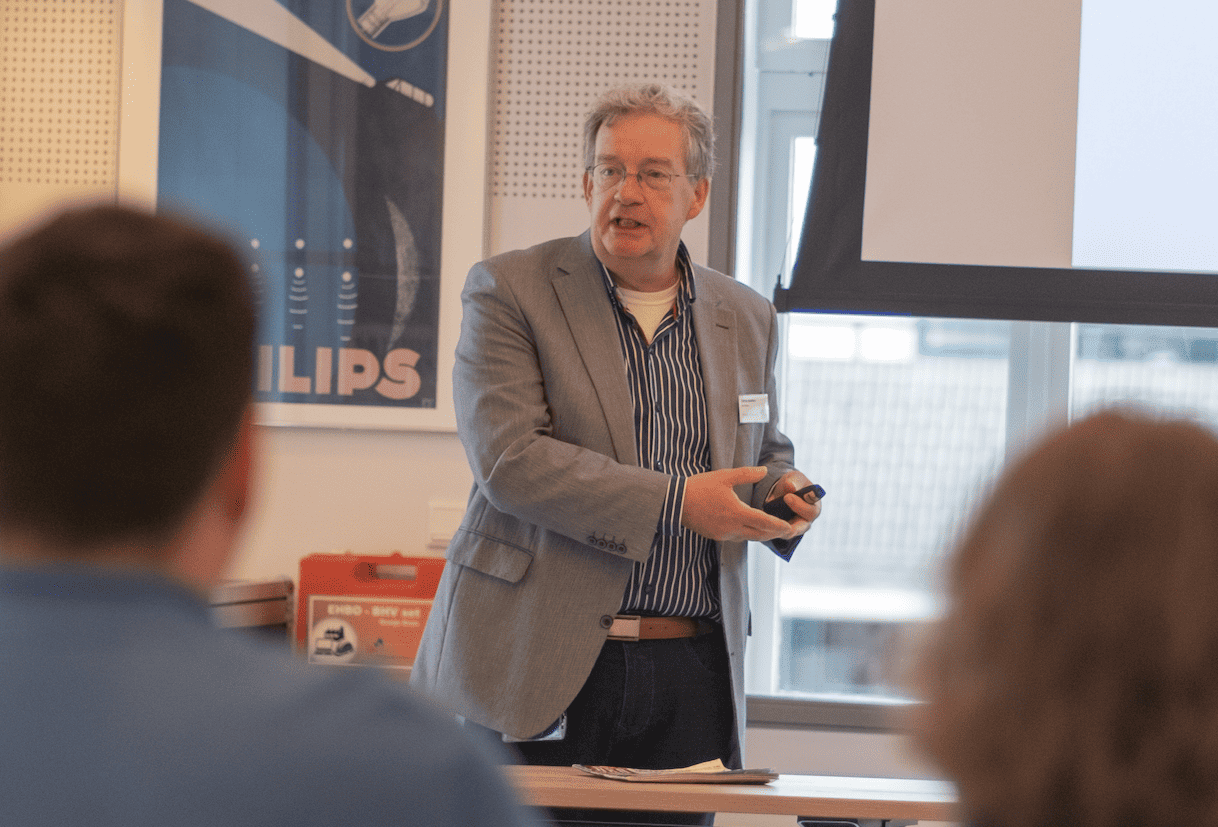
Eindhoven wants to become a smart society. But how does that work? What’s going on in a society like that? Are there any good examples to learn from? DataStudio Eindhoven explores the transition a city has to go through to actually become such a smart society. Each week, we present a new contribution on E52. This week: serious gaming. Read all the articles here.
Old people sometimes fail to take their medications. Not because they don’t want to, but simply out of forgetfulness. After all, they feel no pain. That is, if the drugs do their work. But what if they can contribute to the world’s largest digital crossword puzzle by taking their medications? They just need to scan the barcode on their medicine box to log in. And after they have picked up the box anyway, they immediately grab their daily pill. Problem solved!
It is just one of many serious games developed by Eindhoven Games For Health Projects. Serious games have a learning or care goal that can be reached by playing the game. For example, remembering to take a medicament by making a crossword puzzle.
Games for Health Projects is not the only organization in the Netherlands that deals with useful games. It is a growing branch in the world of games. The most recent study about the Dutch game industry, the Games Monitor 2015, found out that in our country 119 game studios have engaged in serious gaming. That’s almost half of the entire Dutch game market.
Games For Health Projects has been active since 2009. But founders Sandra and Jurriaan van Rijswijk have actually been busy with serious gaming much longer. “Since 1996 I have been making serious games. Bck then for the ministry of agriculture”, says Jurriaan van Rijswijk in the Temporary Art Centre (TAC) where the organization is located. “As a child, I was always messing with computers. For example, I’ve totally re-coded the game Pong.”
“Playing is a universal language”
Van Rijswijk is focussing on useful games, because of a fascination for learning through playing. “When I give someone a complicated table of numbers, he usually does not understand it. But if I translate the same information into a game, he gets it. I think that’s wonderful”, the game maker says. People just learn through play. “It is a universal language with which everyone has been born. It’s in everyone’s head. How cool is that.”
An example of playful learning with serious games. Imagine you’re a dyslexic child and have to practice reading. There is a therapy in which words appear first on the left side of a screen, then in the middle, and finally, on the right. By practicing these words the child learns to read better. But it is a drag. There’s nothing to it.
The solution of Games For Health Projects is the game Word Speed. The story of the game is that aliens look for other life forms and in their quest try to reach planet earth. They want to learn the language and pick up signals from the ether but do not understand a thing of it. The dyslexic child needs to learn the aliens Dutch and by doing that learns to read better for himself.
Besides the development of serious games, Games For Health Projects organizes an annual conference. This year the festival for the first time is in Eindhoven. On 2 and 3 October, the TAC will be the stage for useful game creators from all over Europe.
By that time the group of game makers in Eindhoven will have grown further. “In May, six new employees will start with us,” says Van Rijswijk. The total workforce has already risen far above 20.
The number of square meters rented office space in the TAC also increases noticeably. Not only to house the new staff but also because Games For Health Projects doesn’t want to have the games developed by external agencies. They’re going to do it by themselves, in cooperation with the Idea Brewery, also based in Eindhoven.
The organization is not simply turning boring things into fun by putting it into a game. “We call that broccoli with chocolate sauce,” said Van Rijswijk. “It looks good but lacks taste.” People do not buy it. Something boring will remain boring, according to the founder. “The point is that besides the boring you have to invent something new which is nice. The boring is still no fun, but it fades into the background.” What you learn is a bycatch.
“Reading a book, that’s not very exciting, is it”, Van Rijswijk says. “But aliens making fun with each other in a spaceship, that’s just hilarious.”









